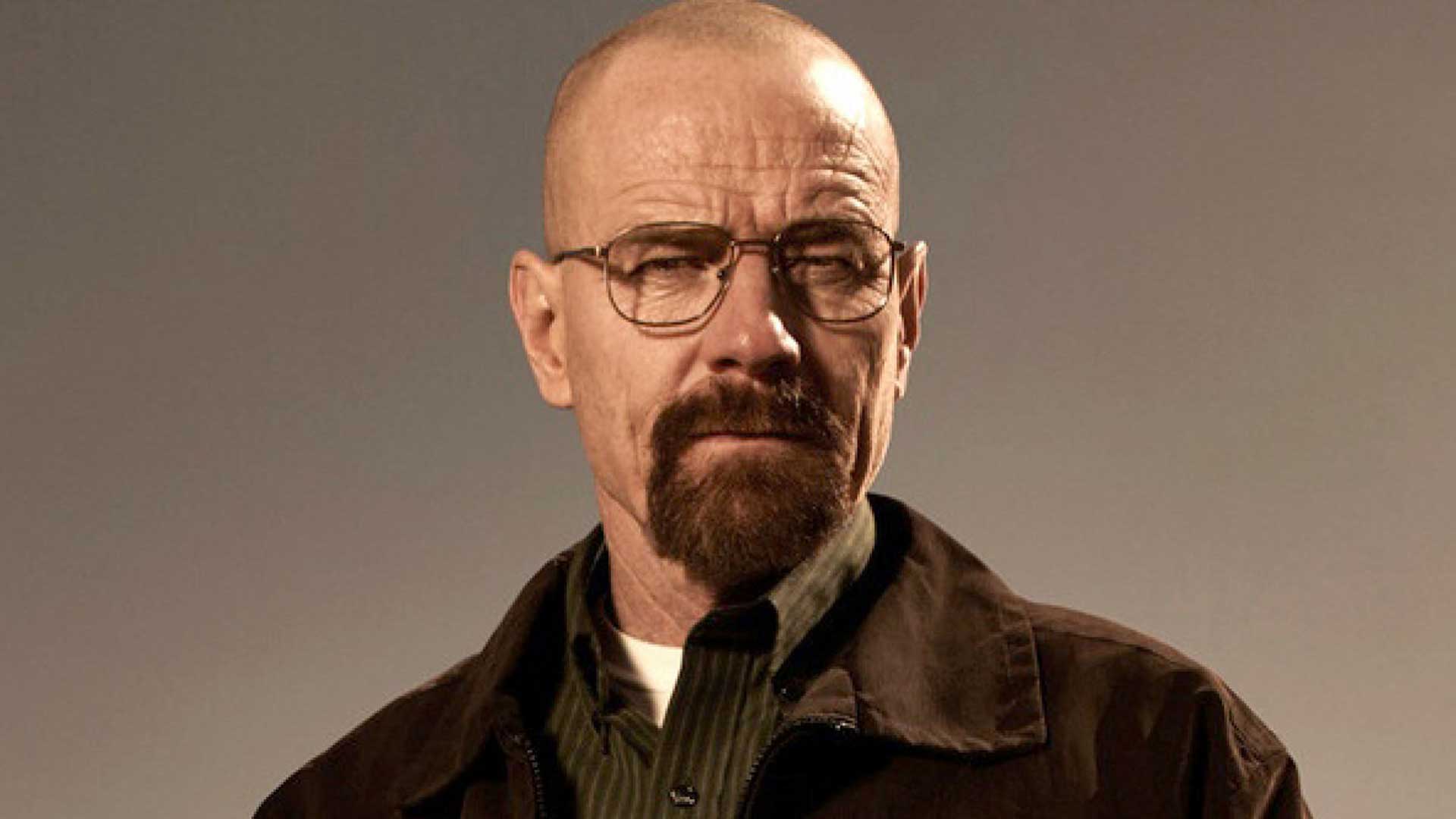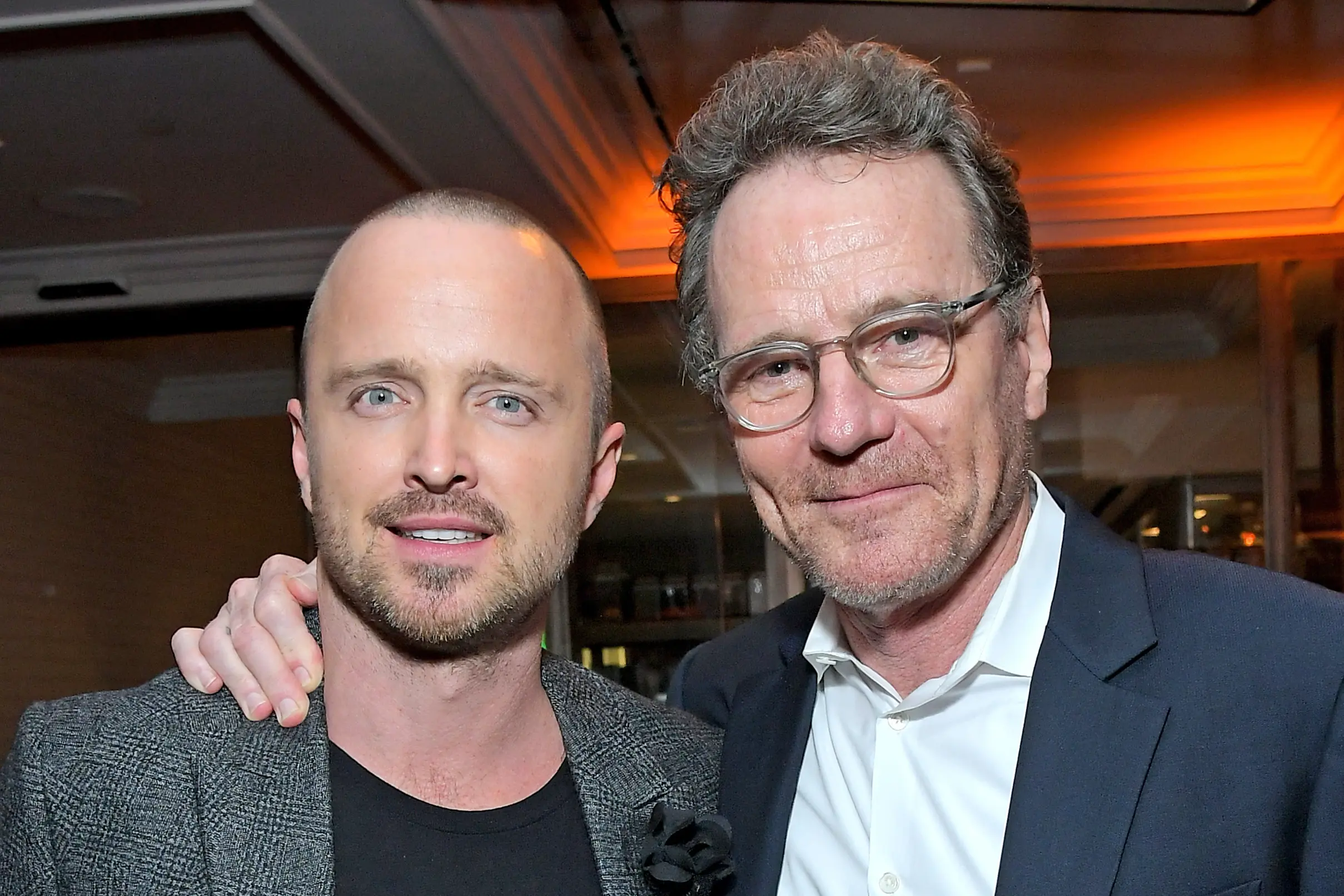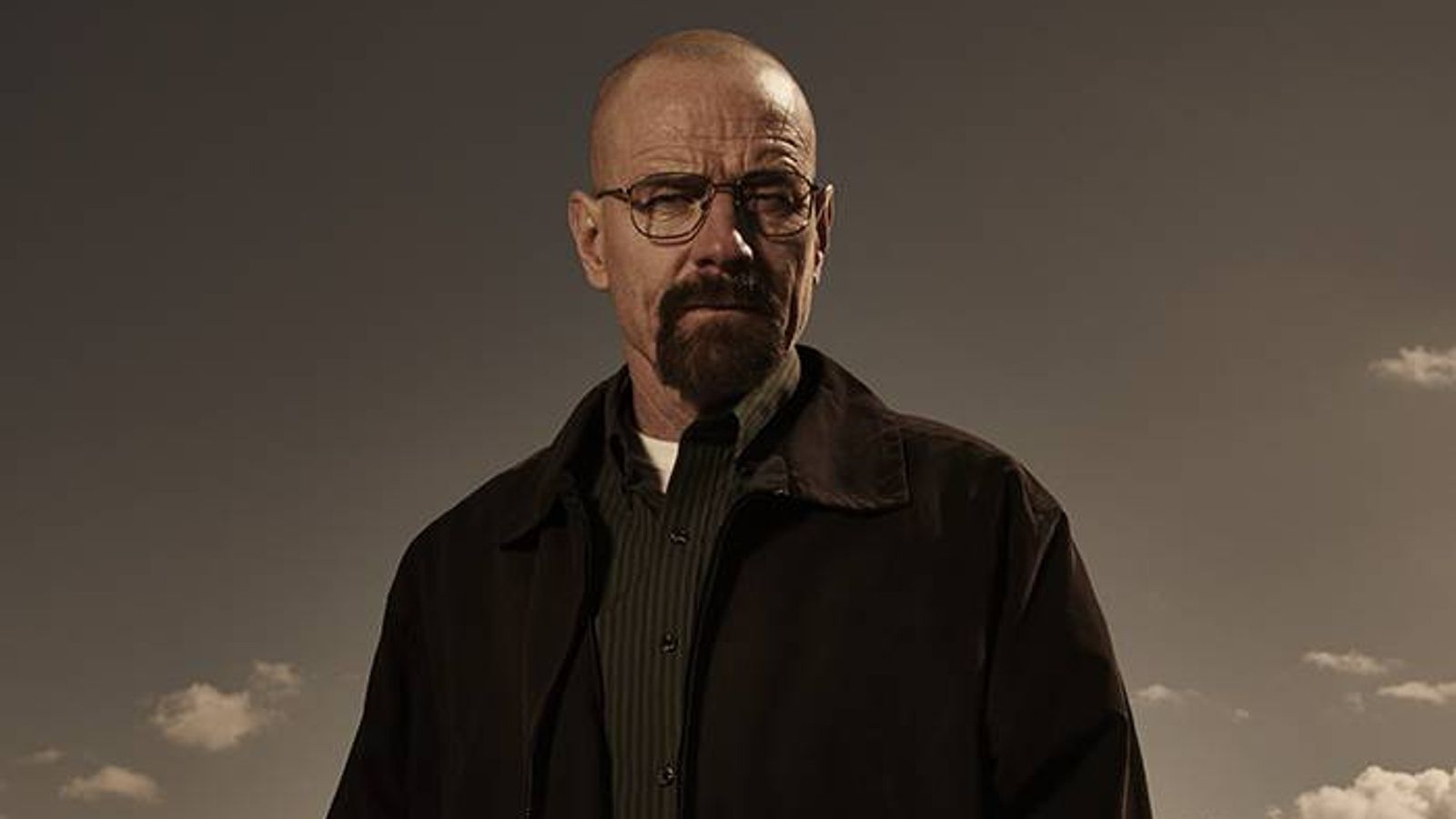As a devoted fan of the iconic series Breaking Bad, it’s impossible not to admire the depth and complexity Bryan Cranston brought to the role of Walter White. The journey from a mild-mannered high school chemistry teacher to the infamous drug kingpin, Heisenberg, is nothing short of remarkable. Listening to Cranston’s personal reflections on his Hollywood career, one can’t help but feel a profound certainty: no one else could have embodied Walter White in the same way.

The Perfect Fit for Walter White
Cranston’s rise in Hollywood is a tale of perseverance, versatility, and eventual triumph. Despite a career filled with smaller roles, he made his mark as Hal in Malcolm in the Middle, paving the way for the role of a lifetime. It wasn’t until he reached his forties that he truly broke through. In a candid interview with Route Magazine, Cranston shared insights into how his life experiences shaped his portrayal of Walter White.
“I was a journeyman actor working fairly regularly and steadily… you grow, you mature, and then if something changes drastically in your life, as it did for me at that age, you are much better equipped.”
Cranston’s evolution into a father, husband, and homeowner lent him a unique perspective that resonated with Walter White’s desperation and moral decline. His journey of saving for his daughter’s education through a 529 plan was a stark reflection of Walter’s struggles, enabling him to channel a raw authenticity into his performance.
Overcoming Doubts: The Challenge of Casting
While Cranston’s portrayal is now celebrated, there was a time when producers were hesitant about his casting. When Breaking Bad debuted in 2008, many executives only knew him as the sitcom dad from Malcolm in the Middle. In a revealing interview with The Hollywood Reporter, the network’s executives voiced their concerns:

“We all still had the image of Bryan shaving his body in Malcolm in the Middle. We were like, ‘Really? Isn’t there anybody else?’”
Vince Gilligan, the show’s creator, recognized Cranston’s potential, but convincing the network was a battle. He urged executives to watch Cranston’s chilling performance in The X-Files, where he showcased a range of emotions from fear to vulnerability. Gilligan explained,
“That was a tricky part to cast on X-Files. We needed somebody who could be dramatic and scary yet have an underlying humanity, so when he dies, you felt sorry for him. Bryan nailed it.”
After viewing that episode, the executives had a change of heart, and they ultimately made one of the best decisions of their careers. Breaking Bad went on to win 16 Emmys, 2 Golden Globes, and numerous other accolades, forever solidifying Cranston’s legacy as a powerhouse performer.
The Legacy of Heisenberg
Bryan Cranston’s portrayal of Walter White transcends mere acting; it is a cultural phenomenon that has left an indelible mark on television history. His ability to convey the character’s internal conflict and transformation speaks to his profound understanding of the human condition. The award-winning actor didn’t just play a role; he became the embodiment of a character whose journey resonates deeply with audiences around the world.
In retrospect, it’s clear that no one else could have played Walter White quite like Bryan Cranston. His journey, marked by persistence and resilience, echoes the complexities of life, making him the only actor capable of delivering such a nuanced performance. With every episode, he not only entertained but also challenged viewers to confront their own moral dilemmas.

As we reflect on the impact of Breaking Bad, it is impossible to separate the success of the series from the brilliant performance of Bryan Cranston. His role as Walter White is not just a performance; it’s a masterclass in acting that will be studied and celebrated for generations to come.